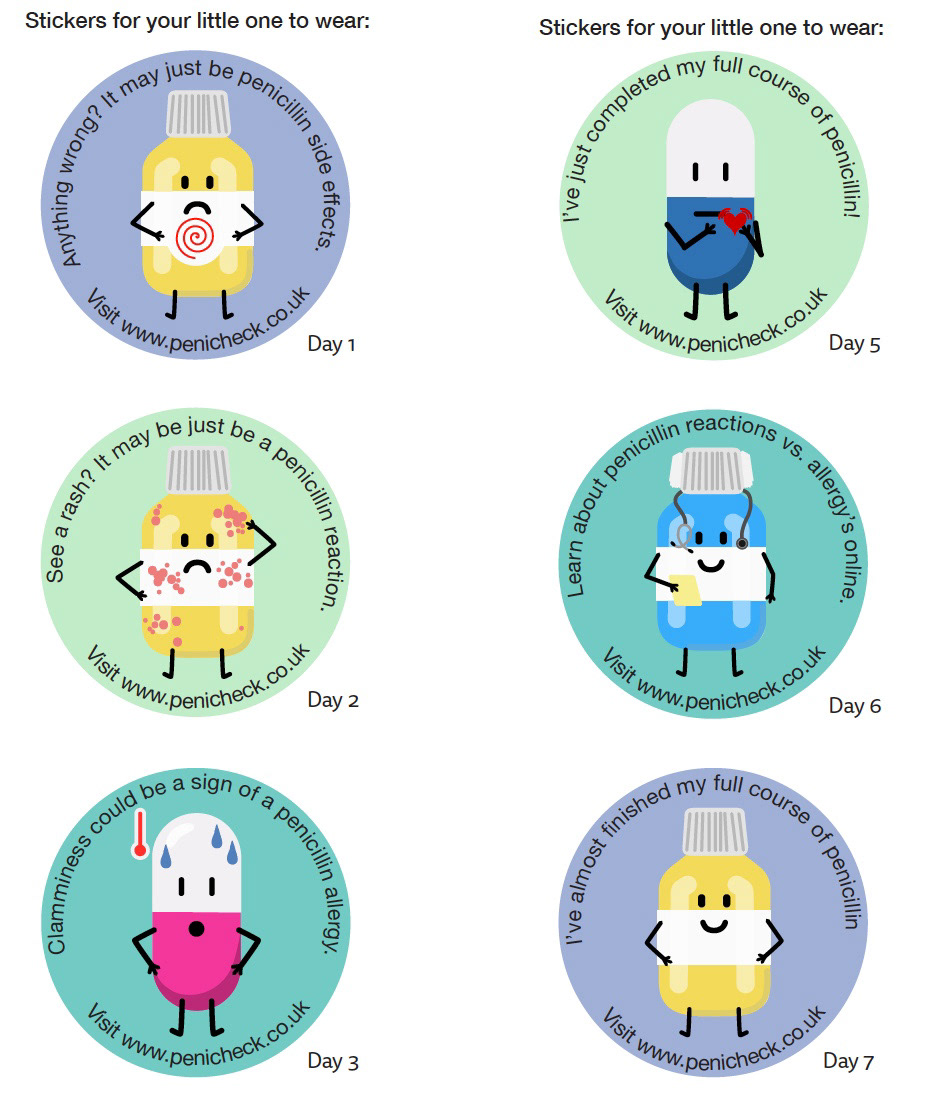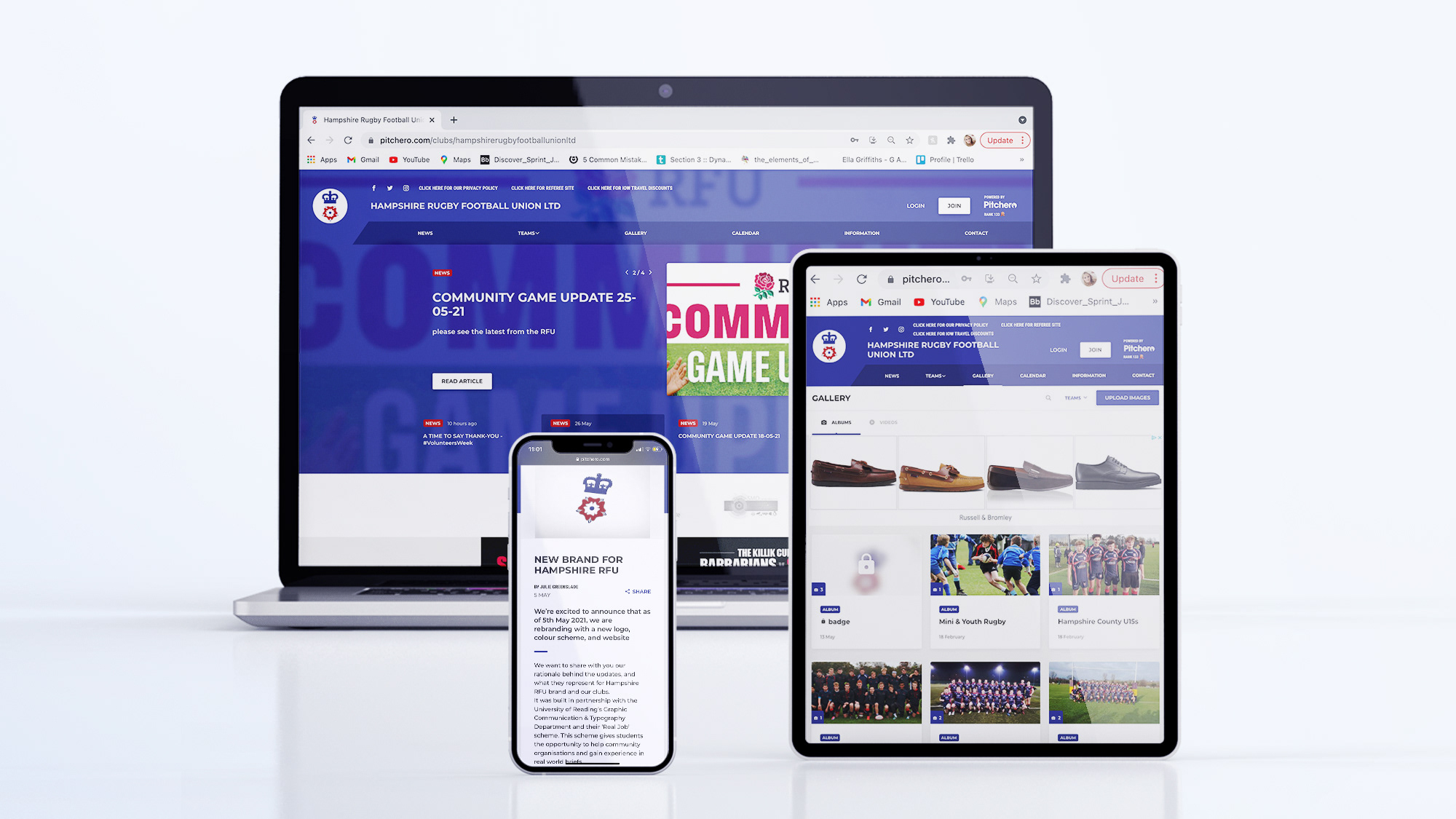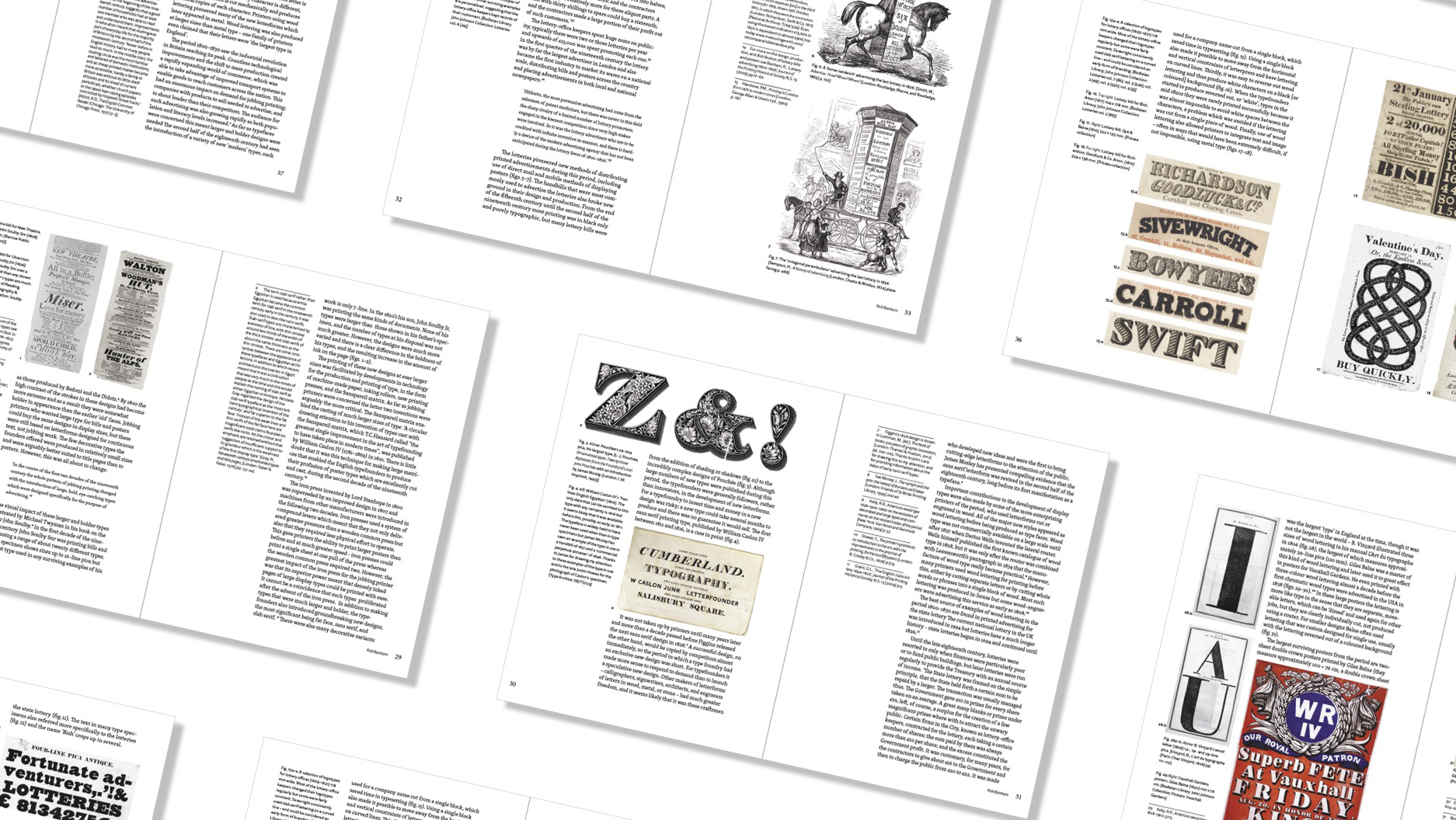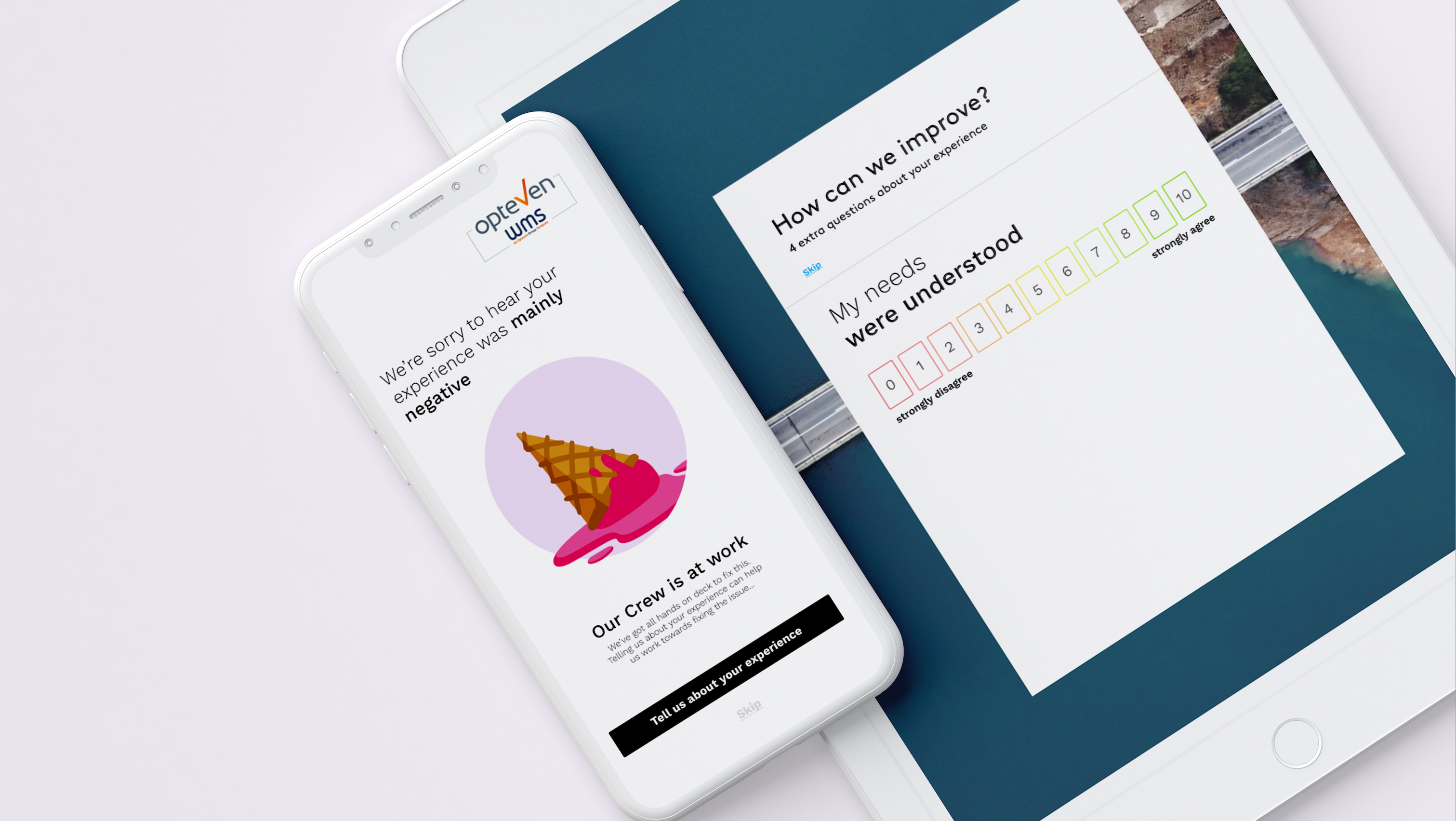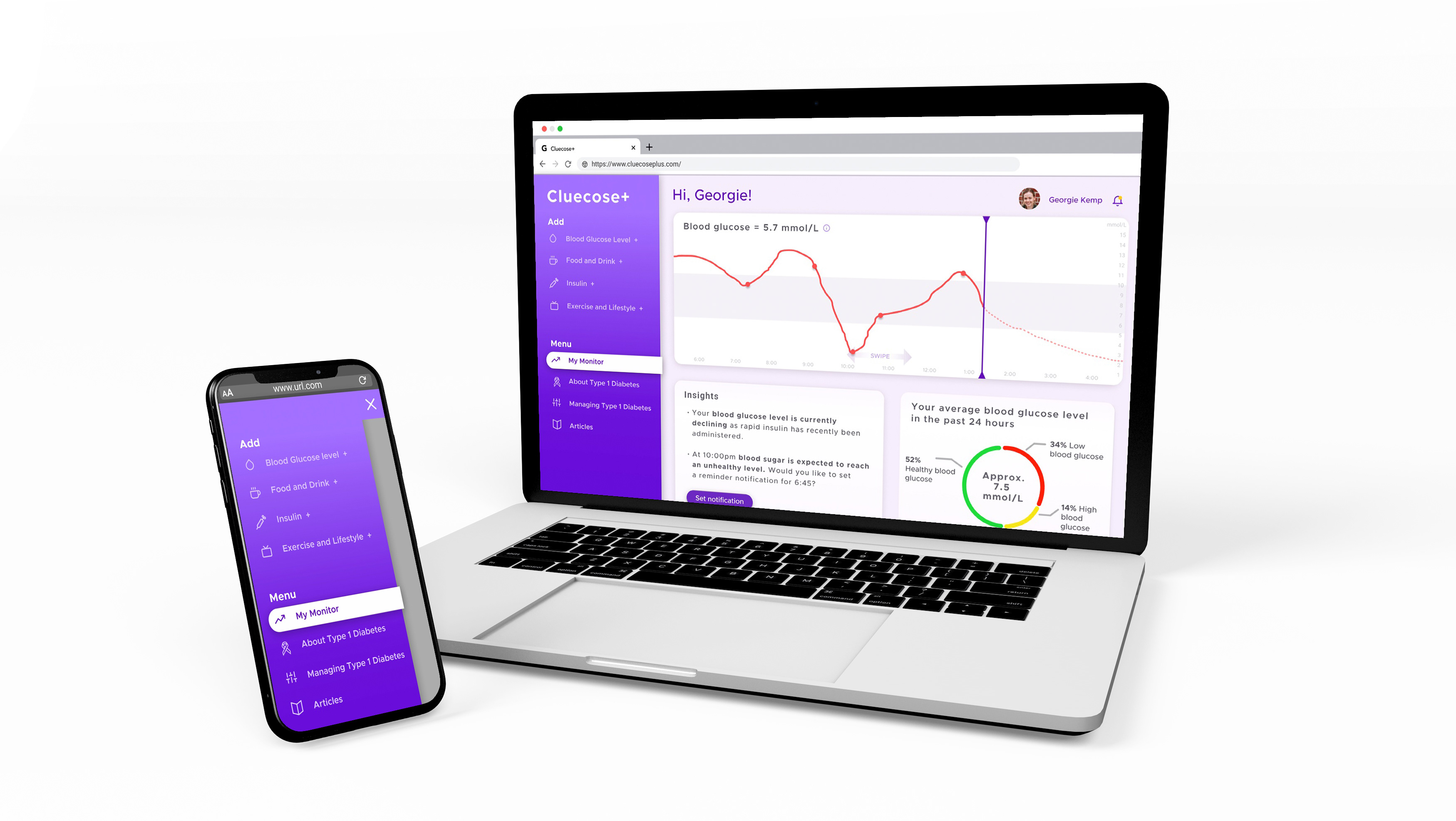Information Design - Penicillin informational fridge sticker chart
The problems:
Only 1 in 10 people who may think they are allergic to penicillin have genuine allergies, this is dangerous as they may receive second-line antibiotics instead, which are more prone to antibiotic resistance which can be potentially life-threatening. The task was to explain the differentiation between a reaction, as severe as it may be, and an allergy. I chose to aim this towards a challenging user group of children and parents.
The problems:
Only 1 in 10 people who may think they are allergic to penicillin have genuine allergies, this is dangerous as they may receive second-line antibiotics instead, which are more prone to antibiotic resistance which can be potentially life-threatening. The task was to explain the differentiation between a reaction, as severe as it may be, and an allergy. I chose to aim this towards a challenging user group of children and parents.
Three information boards explain the process of:
- Understanding the problem. Identifying the audience and stakeholders and what their needs are.
- Ideating potential solutions
- How the sticker chart fits users' needs.
- Understanding the problem. Identifying the audience and stakeholders and what their needs are.
- Ideating potential solutions
- How the sticker chart fits users' needs.
Why focus on children and their careers:
Understanding the difference between a penicillin allergy and a reaction (as severe as it may be) can be complicated. As this kind of allergy testing doesn't happen in the UK, once a reported allergy is on someone's medical records it will likely stay there for life. This can be potentially life-threatening. That is why this information design is aimed at young children and their carers so the difference is learned early to avoid a mislabeled allergy.
Understanding the User:
Page 1 of the above PDF above explains just how crucial breaking down complex information is.
I was shocked to learn that the average reading age of the UK population is only 9 years old. There are many other reasons users may struggle to digest information such as, learning or sight disabilities, English being a second language or simply being busy and bombarded with countless other health news. This is why transforming complex information into easily understood infographics is such a powerful skill.
Intercepting the user:
Getting a user's attention at the right time is essential, I mapped out an existing journey for a parent with a poorly child who will be prescribed penicillin to see what opportunities there are to grab their attention.
Those include:
- On hold in the phone line for the doctors
- On the GP/NHS app.
- On Mumsnet type website as it is common to Google symptoms
The message in a nutshell:
'Though your child may experience a bad reaction to penicillin, it is highly unlikely they have a genuine allergy.'
Understanding the difference between a penicillin allergy and a reaction (as severe as it may be) can be complicated. As this kind of allergy testing doesn't happen in the UK, once a reported allergy is on someone's medical records it will likely stay there for life. This can be potentially life-threatening. That is why this information design is aimed at young children and their carers so the difference is learned early to avoid a mislabeled allergy.
Understanding the User:
Page 1 of the above PDF above explains just how crucial breaking down complex information is.
I was shocked to learn that the average reading age of the UK population is only 9 years old. There are many other reasons users may struggle to digest information such as, learning or sight disabilities, English being a second language or simply being busy and bombarded with countless other health news. This is why transforming complex information into easily understood infographics is such a powerful skill.
Intercepting the user:
Getting a user's attention at the right time is essential, I mapped out an existing journey for a parent with a poorly child who will be prescribed penicillin to see what opportunities there are to grab their attention.
Those include:
- On hold in the phone line for the doctors
- On the GP/NHS app.
- On Mumsnet type website as it is common to Google symptoms
The message in a nutshell:
'Though your child may experience a bad reaction to penicillin, it is highly unlikely they have a genuine allergy.'
The solution:
After evaluating lots of people's solutions, a magnetic sticker chart on the fridge was the perfect place to intercept both the adult and child's daily lives. They will keep their medicine in the fridge and, therefore will see the deliverable every time they take their medicine. The chart uses the pills and symptoms as fun characters to engage children and narrate the difference between a reaction as severe as it may be and a life-threatening allergy.
Additionally, larger stickers can be worn by the child, rewarding them for taking their medicine and meaning any childminders can see the link to the website for additional information. These stickers also narrate the possible side effects to viewers.
After evaluating lots of people's solutions, a magnetic sticker chart on the fridge was the perfect place to intercept both the adult and child's daily lives. They will keep their medicine in the fridge and, therefore will see the deliverable every time they take their medicine. The chart uses the pills and symptoms as fun characters to engage children and narrate the difference between a reaction as severe as it may be and a life-threatening allergy.
Additionally, larger stickers can be worn by the child, rewarding them for taking their medicine and meaning any childminders can see the link to the website for additional information. These stickers also narrate the possible side effects to viewers.
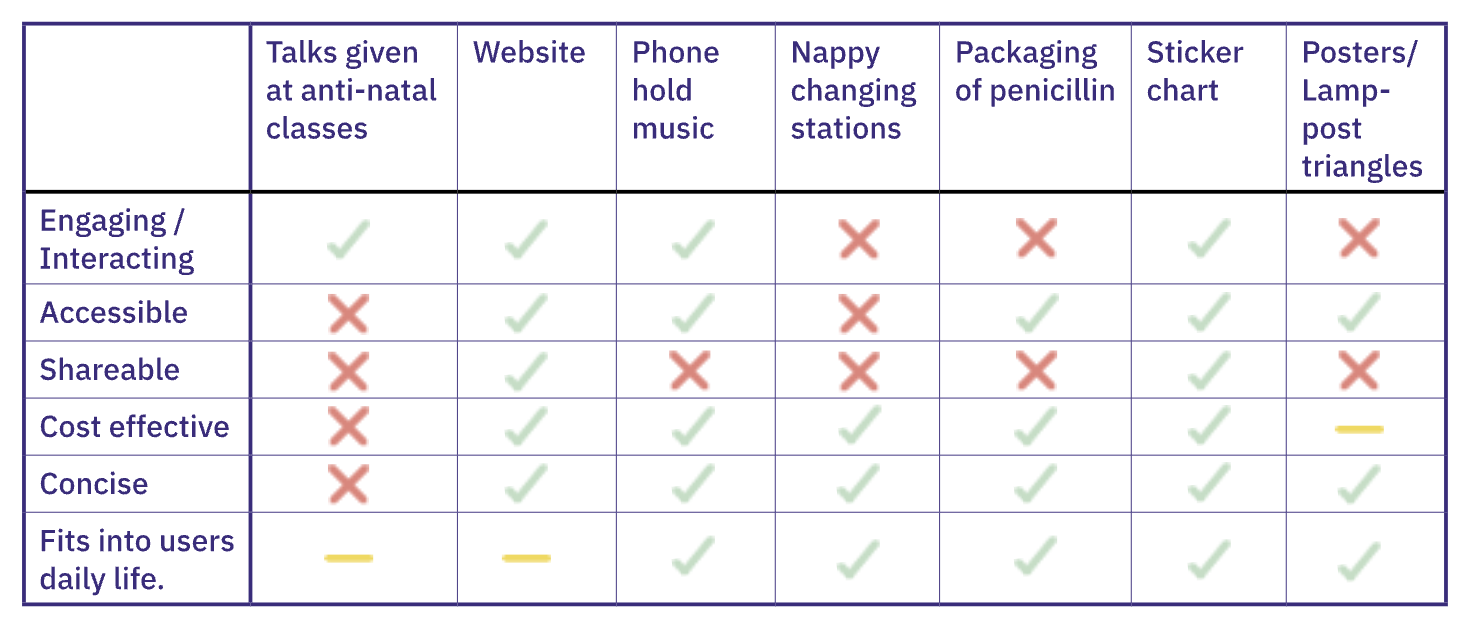
Evaluation of possible solutions
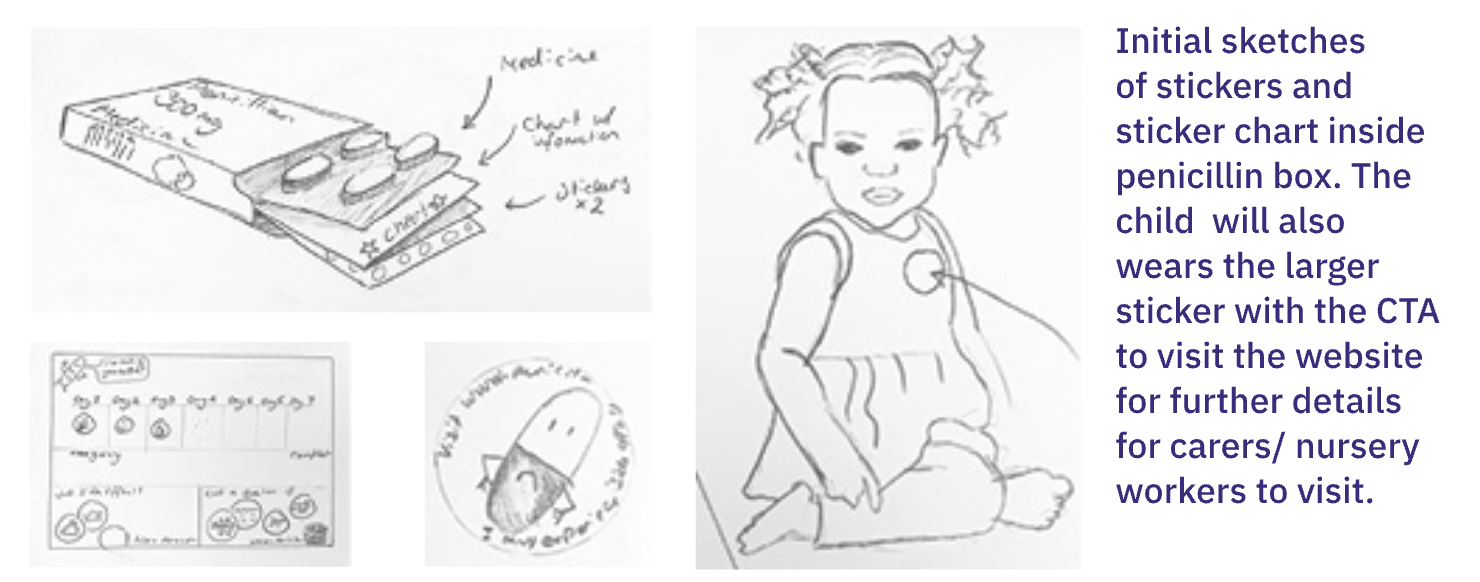
Initial sketch of concept

How the product works with the users jounrey
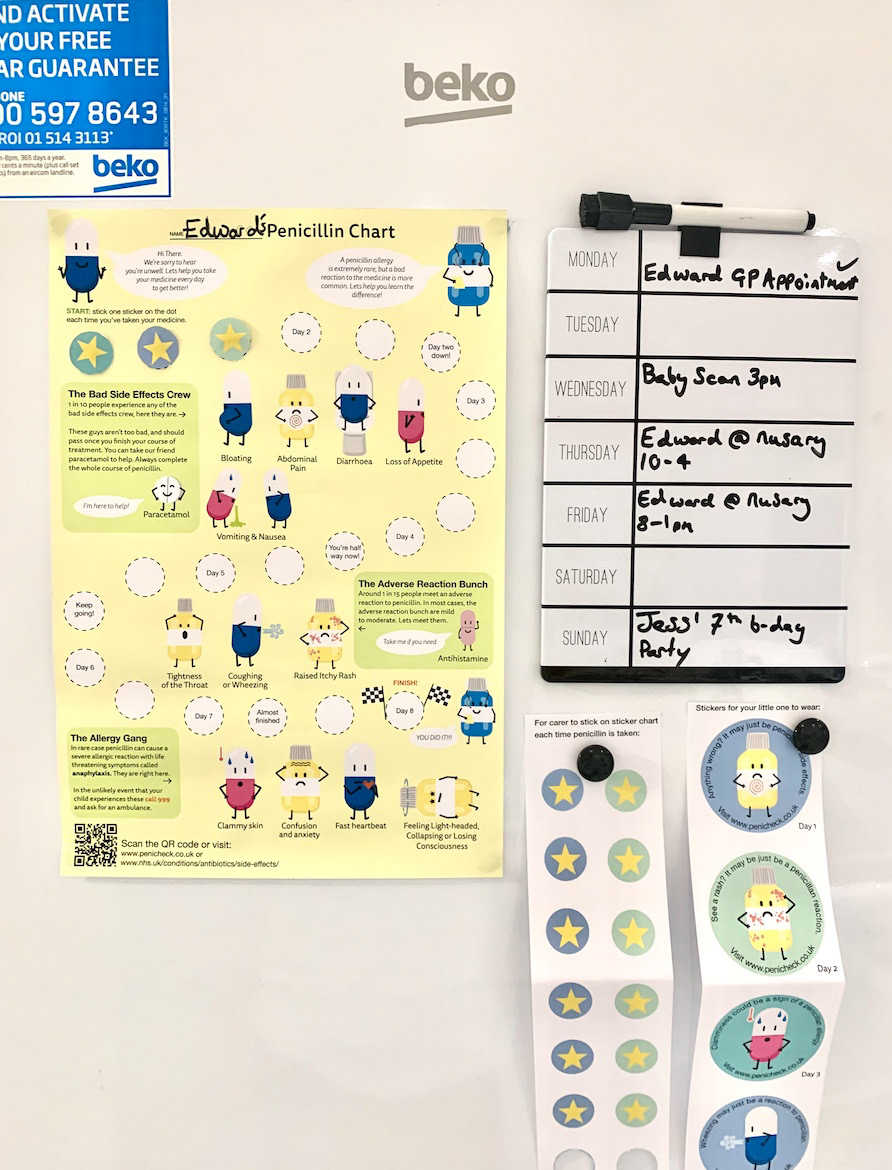
Sticker chart on fridge. Small stickers for the chart & Larger stickers for child to wear so careers/childminders also gain knowledge

Deliverable (Chart and X2 stickers) inside packaging
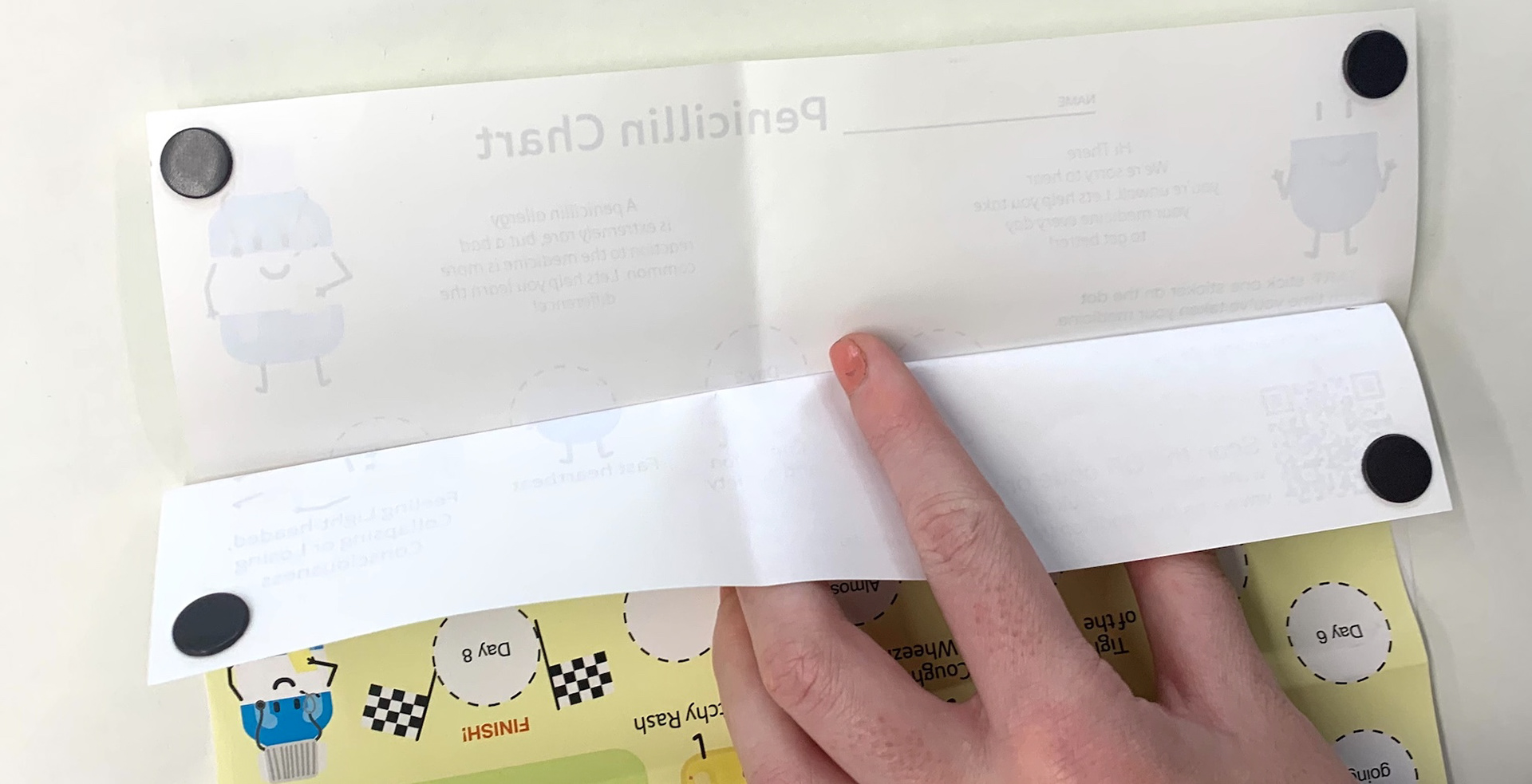
Magnets on the back of the sticker chart so it can be stick to the fridge where the penicillin will be keep. Slotting into the users established journey
